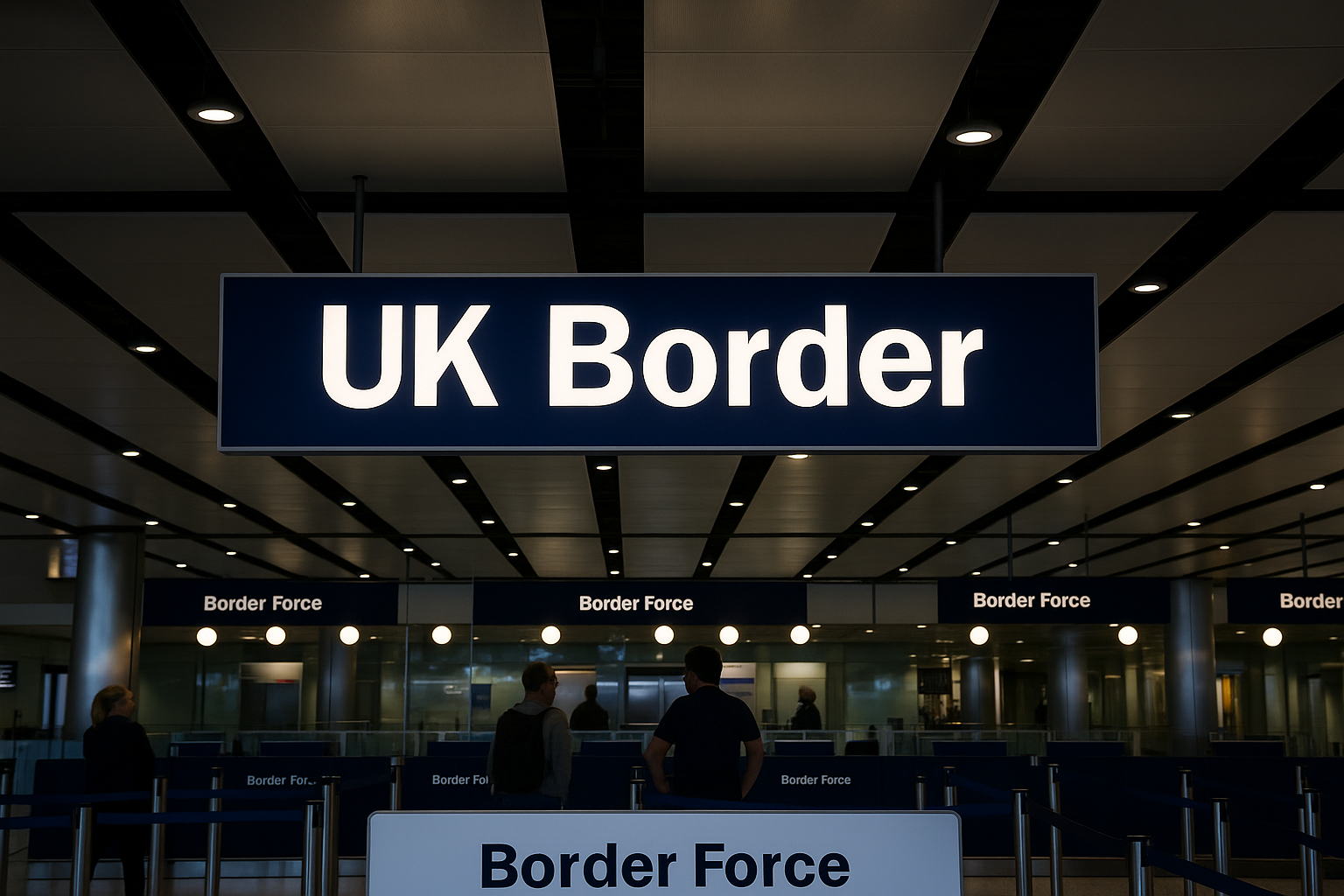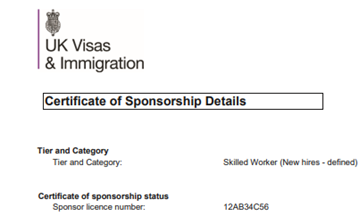As the UK government prepares to release its long-awaited Immigration White Paper, employers and migrants alike are on edge. While official policy is still pending, recent reports in The Times and The Financial Times offer strong clues about what’s coming.
From tougher visa requirements to increased scrutiny of employer practices, here are the seven biggest changes we expect to see—and what they could mean for your workforce strategy in 2025 and beyond.
1. Higher English Language Requirements for Work Visas
One of the most significant proposed changes is a raise in the English language threshold for work visas:
- Current Level: B1 (equivalent to GCSE)
- Proposed Level: B2 (equivalent to A-Level)
This could particularly impact sectors like health and care, hospitality, and construction—where many international recruits meet the current minimum but may fall short under the proposed rule.
What to do now: Employers should begin screening applicants for B2-level English and consider offering support to help candidates upskill.
2. A More Selective and Controlled Immigration System
Leaked excerpts from the draft paper promise to "take tighter control to deliver a system that is controlled, selective and fair."
While the exact mechanisms are unclear, this signals a move toward a points-based approach that favours high-wage, high-skill roles—and may further restrict entry for lower-paid workers.
This could affect visa approval rates, processing times, and eligibility.
3. Cultural Alignment with British Values
In a surprising inclusion, migrants may soon be required to prove alignment with "broad British values."
This is reportedly intended to promote integration and cohesion, although it’s currently unclear how this would be assessed or enforced.
Employers may need to update onboarding processes or include civics modules as part of training for international hires.
4. New Requirements for Employers to Train Domestic Staff
According to reports, UK businesses could soon face restrictions on sponsoring migrant workers unless they demonstrate a genuine commitment to upskilling domestic talent.
This includes:
- Apprenticeship programmes
- In-house training investments
- External development partnerships
Key takeaway: Employers may be blocked from hiring internationally if they’re deemed to be neglecting domestic workforce development.
Automate Home Office Audits with Borderless
The Borderless platform provides a centralized system for all sponsorships, automating reminders for key tasks and ensuring best practices across your organization, simplifying audit preparation and ongoing compliance.
5. Pressure on Shortage Occupations to Invest Locally
Shortage sectors—such as engineering, construction, and IT—have historically relied heavily on international recruitment. Under the proposed changes, these industries will face added scrutiny.
In order to continue accessing overseas labour, they may be required to:
- Provide evidence of investment in UK training pipelines
- Collaborate with colleges and universities
- Demonstrate year-over-year progress in workforce development
This marks a shift from simply proving shortage to showing action toward fixing it.
6. Sponsor Licence Penalties for Non-Compliance
Perhaps most concerning for employers is the threat of penalties and licence revocations for those who fail to meet the new standards.
If a business is found to:
- Repeatedly fail to train local staff
- Exploit visa routes
- Misuse sponsorship privileges
...it could face:
- Suspension or revocation of its sponsor licence
- Fines
- Public naming and shaming
How Borderless can help: Our compliance tools and sponsor licence support ensure you're always audit-ready. Get in touch for help safeguarding your licence.
7. ILR May Require a Longer Qualifying Period
Currently, most work visa holders can apply for Indefinite Leave to Remain (ILR) after 5 years of lawful residence. However, the new White Paper may propose an extension to 10 years in cases of "excessive absences."
This could affect employees who:
- Travel frequently for work
- Spend time abroad caring for family
- Experience breaks in employment
Employers should start logging absences and advising workers on the implications of time spent outside the UK.
Final Thoughts
While these points are not yet law, they reflect the UK’s increasingly cautious immigration posture.
The official White Paper is expected soon—and may reshape hiring strategies across multiple sectors.
At Borderless, we’re monitoring every development. Once the White Paper is published, we’ll break it down and provide actionable guidance.
Want to stay ahead of immigration reform? Subscribe to our blog, or contact us for compliance support, training, and mock audits.






